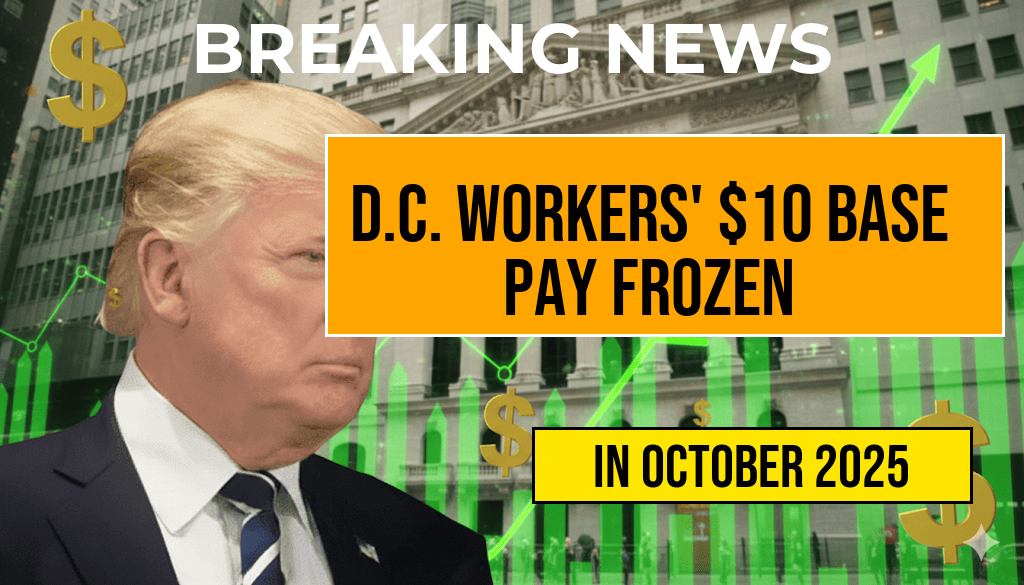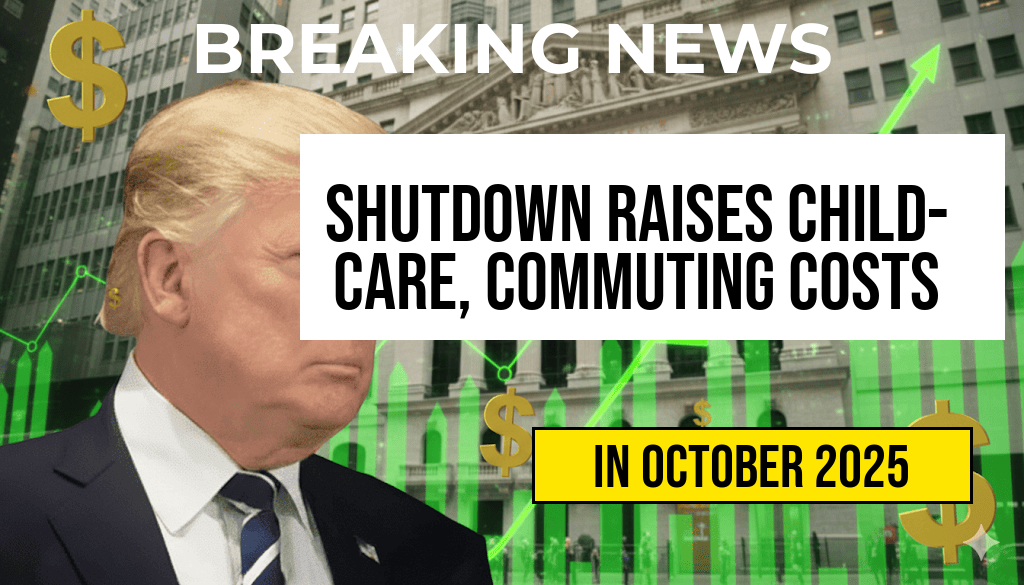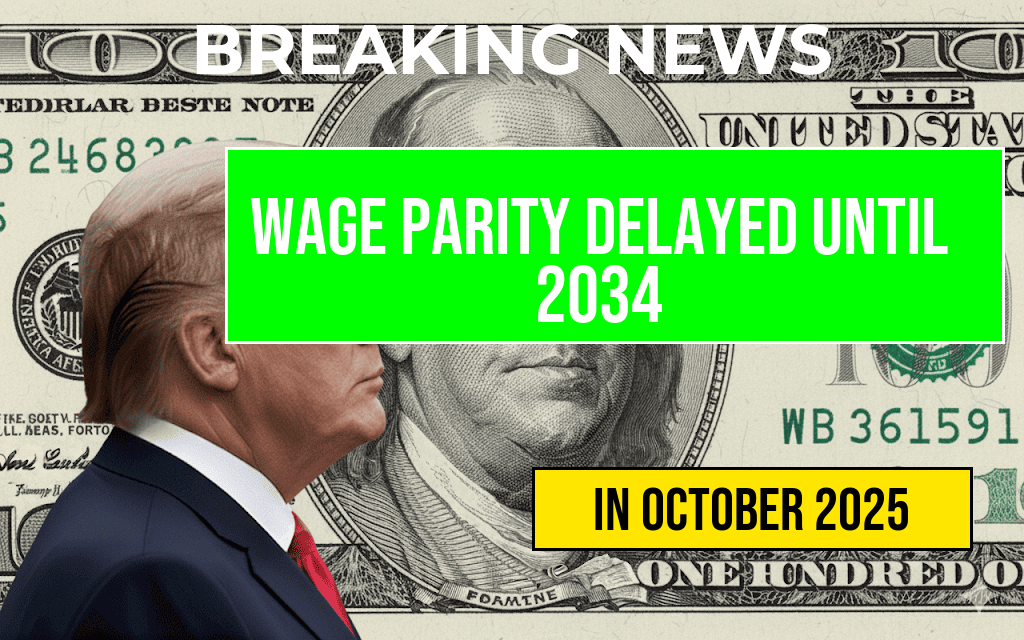Washington, D.C., has become a focal point for discussions about labor rights and wage structures, especially for tipped workers. Recently, the D.C. Council voted to freeze the base pay for these employees at $10 per hour, a decision that has sparked controversy among workers and advocates alike. This freeze effectively redirects a significant portion of potential earnings into the already established tipping system, raising concerns about the financial stability and livelihood of those dependent on tips. As the debate unfolds, many are questioning the long-term implications of this decision on the local economy and the well-being of service industry workers.
Understanding the New Wage Policy
The recent legislation, passed by the D.C. Council, maintains the base pay rate for tipped workers at $10 per hour, significantly lower than the standard minimum wage of $16.10 in the district. This policy aims to balance the interests of employers and employees while attempting to maintain a competitive service industry. However, critics argue that this decision undermines workers’ financial security and fails to reflect the rising cost of living in the city.
Key Points of the Legislation
- Base Pay Freeze: The base wage for tipped workers remains at $10 per hour.
- Minimum Wage Context: The standard minimum wage in D.C. is set at $16.10.
- Impact on Earnings: The tipping system is expected to absorb the wage gap, with many workers relying heavily on tips to make ends meet.
Implications for Tipped Workers
The freeze on base pay has raised alarms among tipped workers, who argue that their earnings are now more vulnerable to fluctuations in customer behavior. Many service industry employees are already facing challenges, with the COVID-19 pandemic having disrupted traditional tipping patterns. The reliance on tips as a primary source of income can lead to significant instability, especially during economic downturns or public health crises.
Workers Speak Out
Many individuals in the service industry have voiced their dissatisfaction with the council’s decision. A survey conducted by the Restaurant Opportunities Center revealed that a substantial number of tipped workers are concerned about their ability to afford basic living expenses. One server at a popular restaurant in D.C. stated, “With rent going up and inflation affecting everything from groceries to gas, it’s hard to see how we can survive on tips alone.”
The Broader Economic Context
The decision to freeze base pay comes amid a backdrop of rising inflation and cost-of-living increases across the nation. With the minimum wage debate gaining traction in various states, D.C. finds itself at a crossroads, balancing the needs of employers with the rights of workers. Advocates for higher wages argue that a more substantial base pay would benefit both workers and the economy by increasing consumer spending.
Comparative Analysis of Tipped Wages
| City | Base Pay for Tipped Workers | Standard Minimum Wage |
|---|---|---|
| Washington, D.C. | $10.00 | $16.10 |
| New York City | $10.00 | $15.00 |
| San Francisco | $15.00 | $16.32 |
Potential Repercussions and Future Considerations
As discussions continue regarding the future of tipped wages in D.C., many are calling for a reevaluation of the policy. Labor unions and worker advocacy groups are pushing for reforms that would raise the base pay and provide more security for those in the service industry. The ongoing debate highlights the complexities involved in balancing the interests of businesses and ensuring fair compensation for workers.
With growing pressure from various advocacy groups and a changing economic landscape, the D.C. Council may need to reconsider its approach to tipped wages. As the conversation evolves, the fate of tipped workers in the nation’s capital remains uncertain, but one aspect is clear: the need for sustainable wage solutions is becoming increasingly urgent. For more information on the implications of wage policies, you can visit Forbes and Wikipedia.
Frequently Asked Questions
What is the current base pay for tipped workers in D.C.?
The current base pay for tipped workers in D.C. is set to be frozen at $10 per hour, which impacts their overall earnings significantly.
Why is the base pay for tipped workers being frozen?
The decision to freeze the base pay is aimed at redirecting funds to tips, which are an essential part of a tipped worker’s income.
How does the pay freeze affect tipped workers’ overall earnings?
The pay freeze means that tipped workers may rely even more on customer tips as their primary source of income, potentially leading to greater variability in their weekly earnings.
What are the implications of the pay freeze for the restaurant industry?
The freeze may lead to mixed reactions within the restaurant industry, as it could affect staffing levels and the overall financial stability of tipped workers.
Is there any potential for change in the future regarding tipped workers’ pay?
Future changes to the pay structure for tipped workers may occur, depending on legislative actions and public sentiment surrounding fair wages in the service industry.








